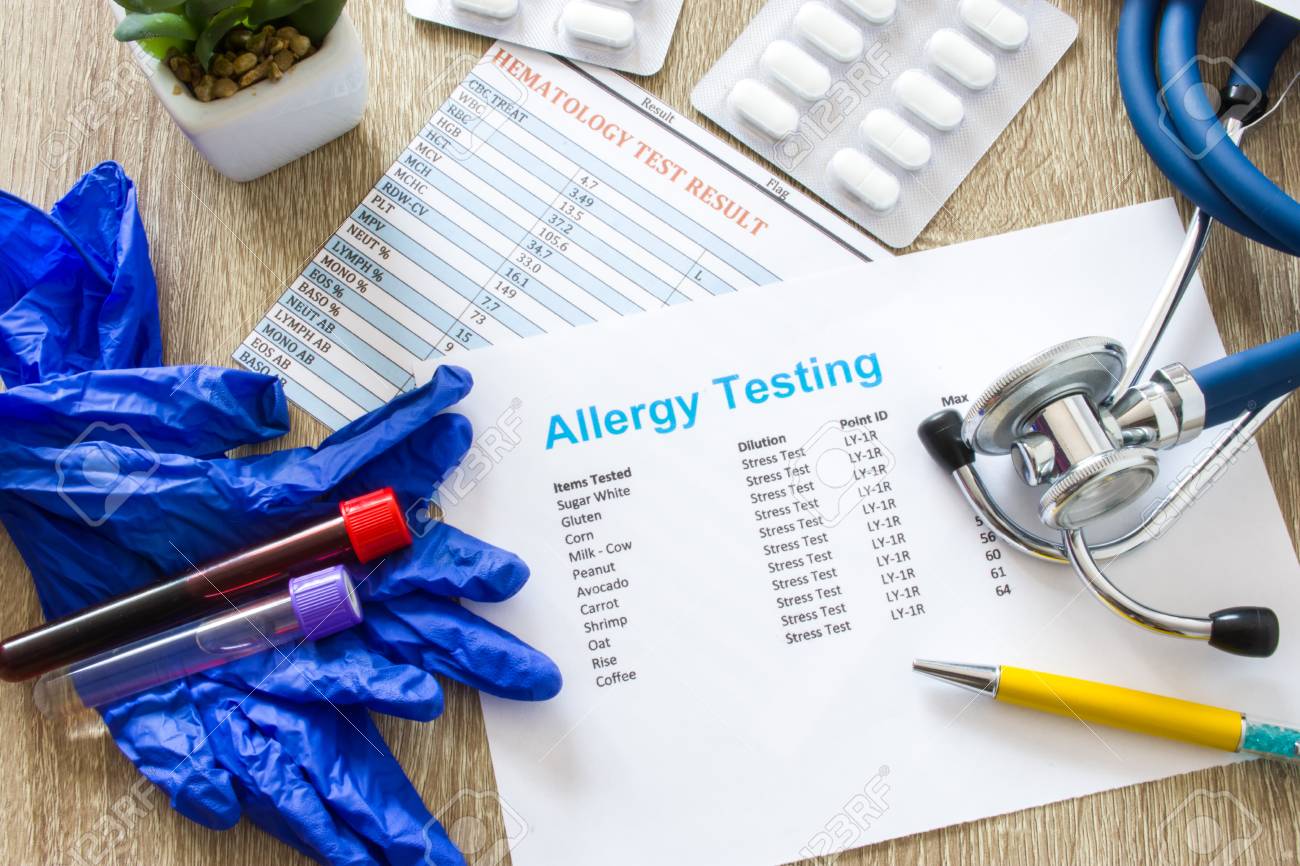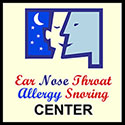Allergy Testing Methods
 Testing can be performed in several different ways
Testing can be performed in several different ways
Allergy testing is used to measure your reaction to various things in the environment that may be causing your allergy symptoms. Allergy testing is the first step towards using either allergy shots or drops (under the tongue) to relieve your allergy symptoms. Living with miserable allergy symptoms or allergic rhinitis does not have to be part of your life, because there are treatment options available. By undergoing allergy testing, your physician will be able to create a treatment plan that can help your particular allergies.
There are three main ways to test for allergies.
Intradermal Allergy Testing
In interdermal allergy testing, allergens are injected into the top layer of the skin of the forearm, upper arm, or back. Since the injection does not go through the skin this is not as uncomfortable as it sounds – although some patients may request an anesthetic cream which can be applied prior to the test and numb the area. The skin is then watched for swelling, redness, and itching, which signals an allergic reaction. This type of testing is useful to determine the strength of the allergic reaction to each allergen. This helps determine the strength of the serum used to safely treat the allergies.
Scratch Skin Testing for Allergies
In scratch skin testing, a small amount of different allergens is placed on the skin and the skin is scratched to allow the allergen to enter the body. The skin is then monitored for redness and swelling, which is the sign of a histamine reaction.
Blood Testing for Allergies
Blood testing can also be done to test for allergies. In RAST testing, blood is taken from the patient and then mixed with different allergens. The amount of antibody in the blood which reacts with the allergen can then be measured. This test is usually calibrated with skin test results so the safe amount of antigen to be used can be determined. Blood tests are particularly useful in evaluating food allergy. The newest tests can even be done with a finger prick!
Any of these tests may be recommended to help your physician in finding your specific allergies, so that a treatment plan can be begun. From allergy medications to allergy shots and more, your physician is sure to find a way to make your life free from allergic reactions to dust, mildew, pollen, cat dander, and more, so that you can live your life.
